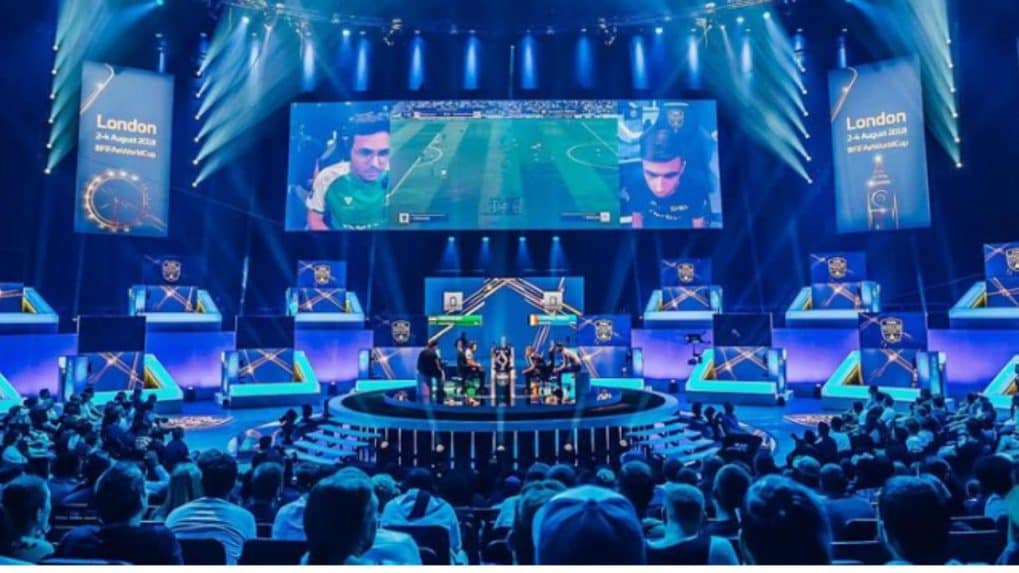Esports industry divided over forming anti-poaching body
Recently, esports team owners have raised concerns about the poaching of esports athletes by other organizations offering higher salaries, which violates existing contracts between team owners and players.
ADVERTISEMENT
In the recent past, esports organizations in India have faced multiple challenges in maintaining their rosters. There have been several instances of contract breaches and poaching of esports athletes, leading to an imbalance in the ecosystem. Many organizations believe that the ego battles between team owners have contributed to the poaching of athletes within the industry.
Recently, esports team owners have raised concerns about the poaching of esports athletes by other organizations offering higher salaries, which violates existing contracts between team owners and players. Dr. Rushindra Sinha, Co-founder and CEO of Global Esports, previously called out a rival esports organization for attempting to poach one of Global Esports' athletes.
When asked if similar incidents of contract violations and player poaching continue, Sinha said, "I believe that no governing body or group of organizations can stop the poaching of players. This should be the direct responsibility of publishers. Publishers should put some guidelines in place."
Global Esports is one of the franchise teams for Riot’s game title Valorant. Sinha noted, "Riot has all the anti-poaching rules and legalities in place, which are signed directly between the players and Riot. So, players or any organization do not violate those mandates. This can only happen if the teams are in a franchise-based model with the publishers."
He further explained, "Honestly, we don’t often fall prey to such situations due to our relationships with other teams and our players. But other organizations do not have this leverage, and players get swayed by offers from other organizations."
When asked about a recent joint meeting by team owners regarding the issues in the esports industry, Sinha said, "Many people have tried to form such organizations earlier but have failed. Now, many of us have lost hope. Like any other sport, esports is an ego contest between team owners who like to flex their power, money, and audience reach. There are various ways team owners try to showcase their strength."
Sinha explained, "A few teams have mutual understanding and relationships with each other, while others, lacking such relations, end up trying to outbid each other, pay exorbitant salaries to their players, and breach contracts. Such incidents continue, and many team owners violate contracts and try to poach players from rival organizations."
It should be noted that team owners had come together to resolve the issue of inflated salaries of esports players in the country. Today, multiple organizations have adjusted the salaries of esports athletes to market standards.
Sharang Naicker, CEO and Founder of Yuvin Esports (Reckoning Esports), said, "We definitely need an association and an anti-poaching body to stop these activities. We have ourselves been victims of such things. Honestly, if all team owners unite, be professional, and respect other competitors, we will see a decline in these activities."
He added, "But unfortunately, everyone wants to do what they feel will benefit them and resort to unprofessional antics. Game developers also need to create proper rules and regulations that protect the organizations as well. The industry will only grow if there is a push and pull effect from the game developers/publishers."
Naicker said, "There have been multiple such initiatives in the past, but unfortunately, people love to talk about professionalism and then falter on the most basic things. Some of these individuals themselves resort to such antics. We have seen enough examples in the industry."
Elaborating on the issue, Naicker said, "Poaching of esports players is an equally big issue, and the players are also at fault. There has to be a uniform contract that every team must follow, and the players themselves need to vet the organizations they are signing with. Don’t just run to the teams offering absurd amounts of money; be smart about whom you sign with."
The mobile and computer game industry’s growth in six ASEAN countries (Singapore, Malaysia, Indonesia, Thailand, Philippines, and Vietnam) is reportedly forecast to reach $7.2 billion by 2027, with an estimated compound annual growth rate of 5.4 percent from 2023 to 2027, according to Niko Partners.
Jai Shah, Founder of Orangutan, said, "When we look at the contractual bindings between organizations and esports players, there are often multiple loopholes that both parties exploit. We have often seen esports organizations never getting into contracts, leaving players vulnerable to being fired from the roster at times without paying their salaries."
Shah added, "One good thing is that team owners have a similar mindset of growing the ecosystem. When esports team owners have built good relationships, they never indulge in poaching players. There are a handful of teams that have mutual unwritten pacts with each other."
Shah said, "The situation is completely different in other countries such as Korea, Japan, China, Vietnam, or other regions globally. There are much stricter norms for esports compared to India. There is still room to grow in the country for both players and organizations, which will slowly and steadily evolve as the industry adheres to professionalism."

